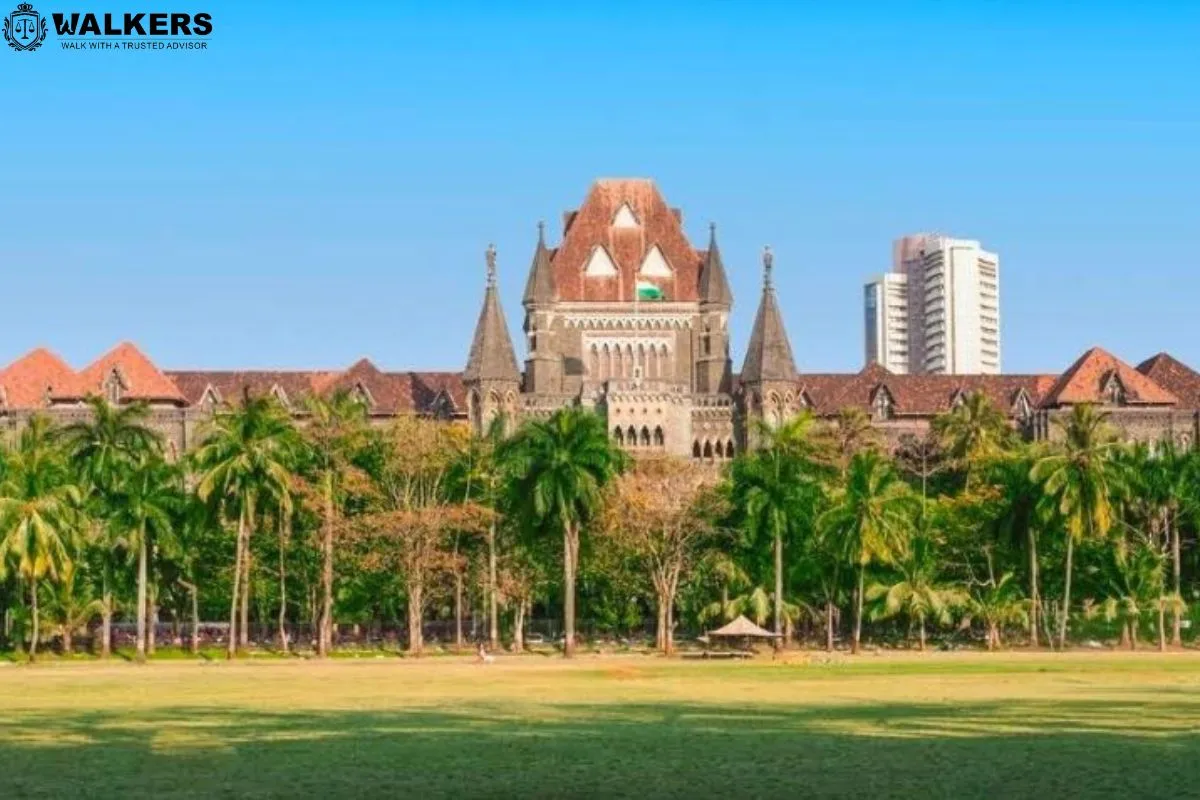


Bombay High Court emphasizes the impact of delayed SARFAESI Act application disposal on the country's financial health
The Bombay High Court has highlighted the adverse effects of delayed disposal of applications filed by secured creditors under Section 14 of the SARFAESI Act on the financial health of the country. In a recent case of L&T Finance Limited v. State of Maharashtra & Ors, the Court emphasized that the chief metropolitan magistrate or district magistrate has an obligation to assist secured creditors in taking possession of the secured asset, and any delay in the process is unacceptable given the importance of expediency under the Act.
The Court further stressed that the magistrate's powers were merely administrative, and they were not required to adjudicate any disputes between the borrower, third parties, and the secured creditor regarding the secured assets. The enormous backlog of applications under Section 14 in Maharashtra was deemed inconsistent with the objectives of the Act and defeated the legislative intent emphasized by the Supreme Court.
The Court underscored the significance of expeditious disposal of such applications for the recovery of bad loans and stated that the pendency of a large number of applications hinders the recovery of bad loans, which has a significant impact on the financial health of the country. The Court's observation highlights the need for timely action to ensure the efficient and effective functioning of the SARFAESI Act.
Bombay High Court disposes of pending petitions and directs implementation of guidelines to expedite SARFAESI Act applications
The Bombay High Court has disposed of multiple petitions that highlighted the delay in the disposal of Section 14 applications under the SARFAESI Act. The petitioners raised concerns about the reluctance of authorities to proceed under Section 14, borrowers causing the delay, and pending applications. The High Court, in turn, sought assistance from the State government and High Court administration to find a solution.
The State government issued a circular on April 10, 2023, directing magistrates to dispose of pending applications filed before March 31, 2023, by April 30, 2023. All applications filed after March 31, 2023, should be disposed of within thirty days. Orders passed under Section 14 must be implemented within four weeks. If officers are overburdened, an advocate can be appointed to implement the order. The circular also mandated the implementation of an online platform to record all information and statistics and the submission of a report on applications and orders not disposed of within thirty days.
The Bombay High Court has reinforced these guidelines and reiterated them as directions in its order to expedite the disposal of pending applications under the SARFAESI Act. It also directed the implementation of an e-system within 16 weeks to improve transparency and efficiency, keep all parties informed about pending applications, and reduce the inflow of petitions before the High Court.
Advocates from various law firms represented the petitioners, TJSB Sahakari Bank, The National Co-operative Bank, and the State. The High Court administration and magistrates were also represented.
Click Here to: Download/View Related File
TAGS: Bombay High Court SARFAESI Act Section 14 disposal of applications financial health delay pending applications grievances authorities borrowers State government circular guidelines magistrates online platform transparency efficiency e-system directions TJSB Sahakari Bank The National Co-operative Bank petitioners.